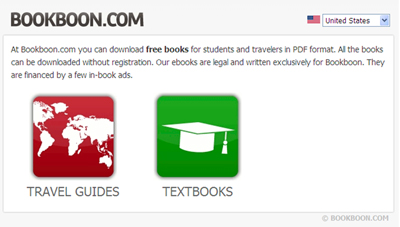Copyright law is a mess, but Creative Commons offers a workable alternative to finding material you can use in your work without having to seek permission from the author.
If you only have a minute to learn about Creative Commons, watch this great “Why I Love Creative Commons” video by Molly Kleinman, copyright specialist at University of Michigan.
Even better, come to Molly’s presentation, “The Beauty of Some Rights Reserved: An Introduction to Copyright, Publishing and Creative Commons” 2 p.m. Thursday, Oct. 21, in the Hemisphere Room, Hale Library. The session is open to all, no registration required.

